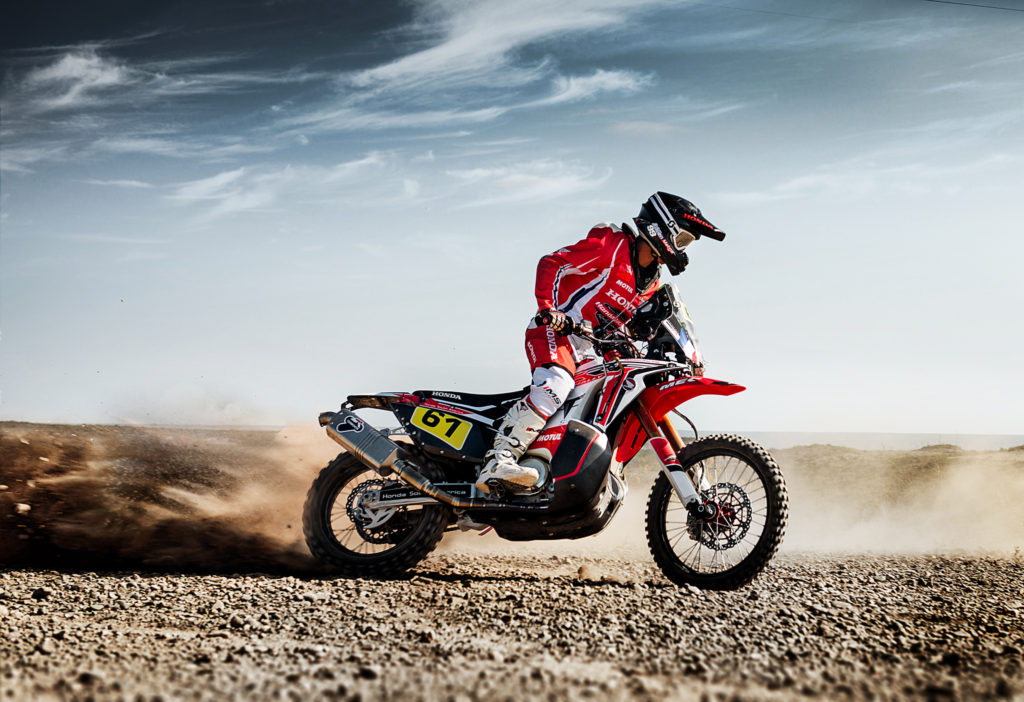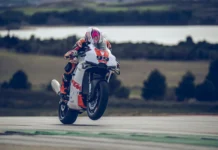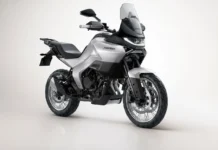In 2020, the Dakar competitors and teams discovered Saudi Arabia. In 2021, they familiarised themselves with its territories in unique conditions, and in 2022 they will continue their exploration as Dakar, one of the world’s toughest rallies, will pay its third visit to the Middle East next year.
For its 44th edition, which will run from 2-14 January, the Dakar will pay its third visit to Saudi Arabia. The rally will start in Ha’il and finish in Jeddah, after a rest day in Riyadh. With the route heading in a south-easterly direction, the organisers propose a sandier tone to the challenge. In the Empty Quarter, it’s “dunes galore”!
A glance at the map of the country invites those who love wide-open spaces to go into the Empty Quarter. This immense desert is as big as France and extends over the entire south-eastern region of the country. The idea is to emphasise negotiating the sand with, for example, three stages exclusively in the dunes! The weeding-out process will come down to the crews’ ability to tackle the dunes and off-road navigation. The drop in the average time should not be the result of a series of punctures that several competitors have suffered on some of the rocky stages.
In the continuity of the adjustments made to balance the playing field with navigation, the electronic roadbook will be generalised to all crews in the car, SSV and truck categories. A version for motorbikes and quads will also be available for elite riders. Above all, the 2022 edition will mark the starting point of the plan to host a field of cars powered solely by alternative energies by 2030.

The disappearance of combustion engines will take place according to a progressive timetable subject to technological developments. Initially, this will involve the opening of a T1-E category for low-carbon emission prototypes. Constructors are currently developing these cars to make them as competitive as possible, starting with Audi, which plans to take on the challenge beginning in 2022. Electric powered cars will soon take on the Empty Quarter.
For the second edition of the Dakar Classic, which caused a stir in the bivouacs, among television viewers and on social media last January, a few rule changes have been made. Regularity will no longer be the only evaluation criteria. On portions representing roughly 20% of the route, only navigation will be judged and not time, and each excess kilometre covered will cost points.







